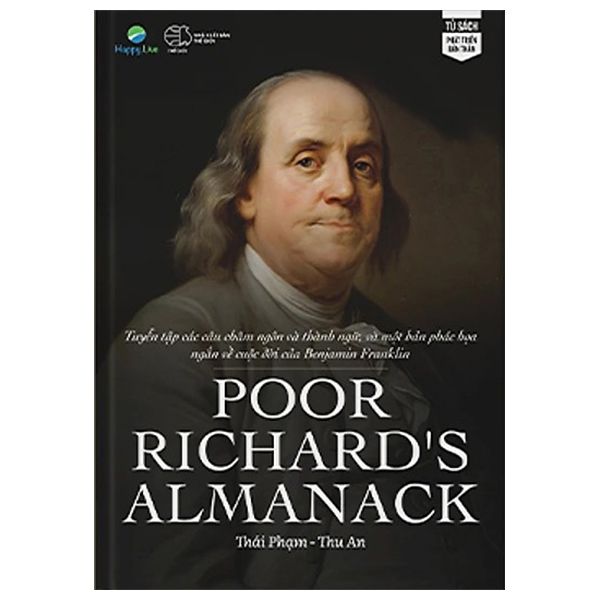What do you think?
Rate this book


102 pages, Paperback
First published December 28, 1732

Sam's wife provok'd him once; he broke her crown:
The surgeon's bill amounted to five pounds;
This blow (she brags) has cost my husband dear,
He'll ne'er strike more: Sam chanc'd to overhear.
Therefore, before his wife the bills he pays,
And to the surgeon in her hearing says:
Doctor, you charge five pound, here e'en take ten,
My wife may chance to want your help again.